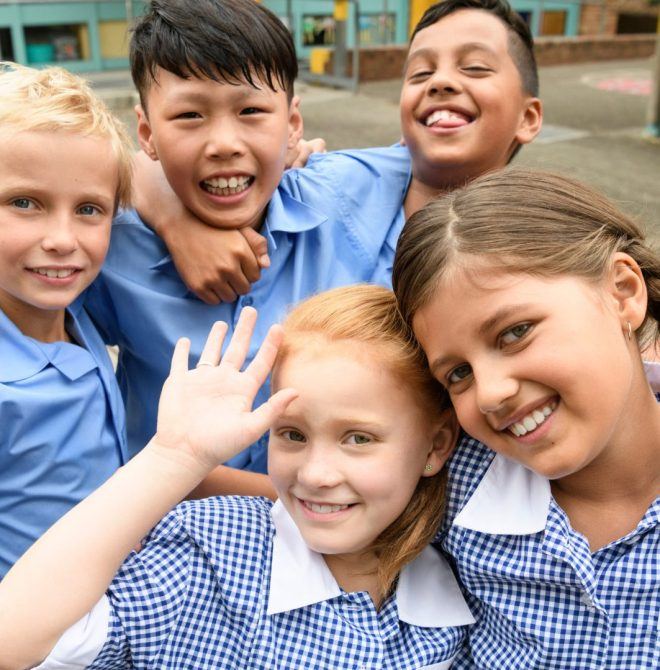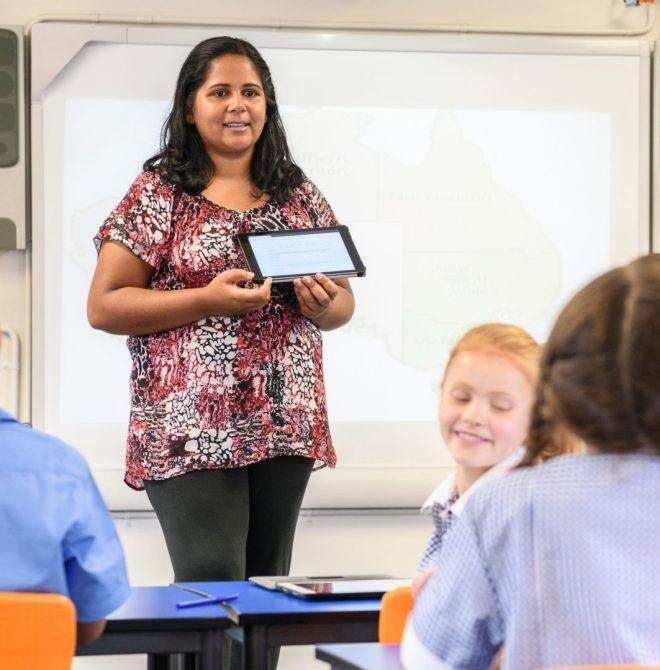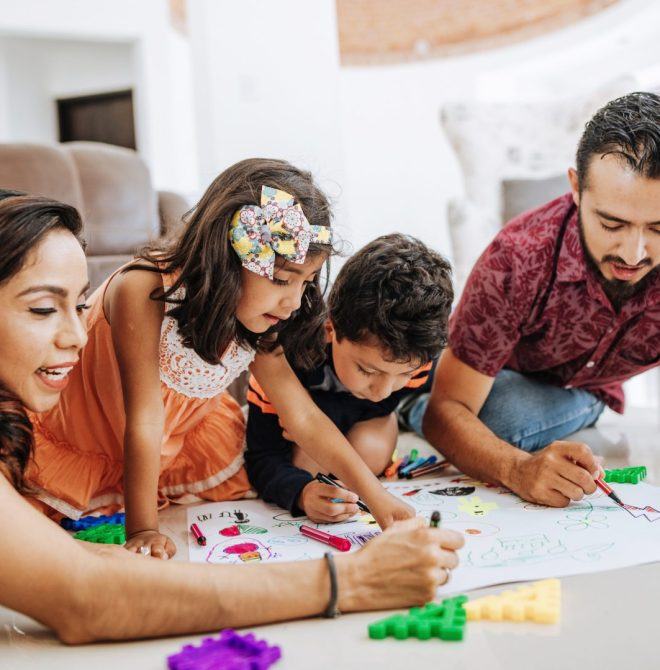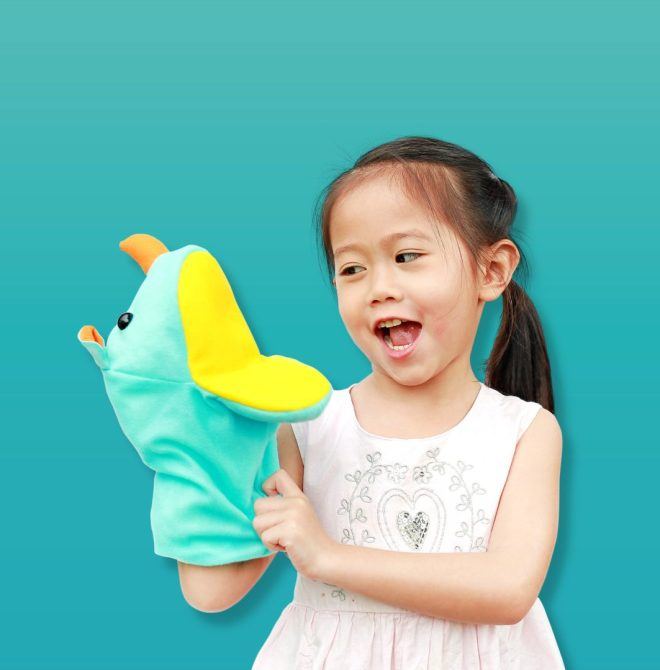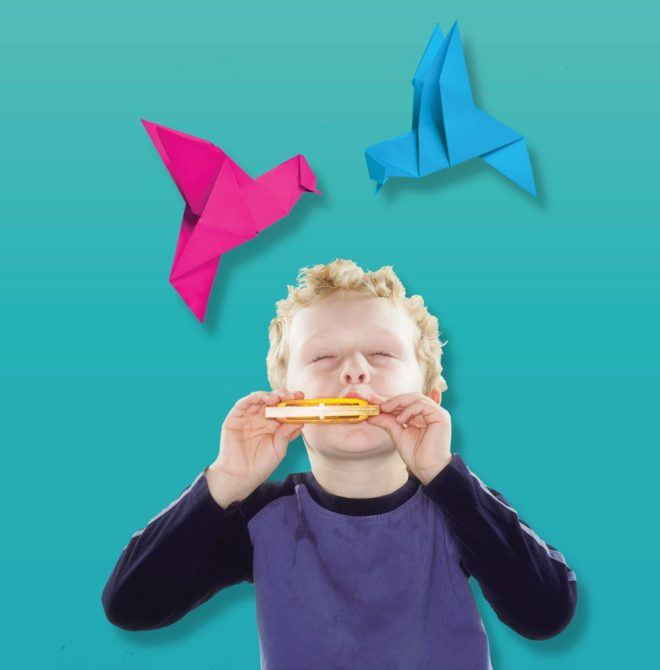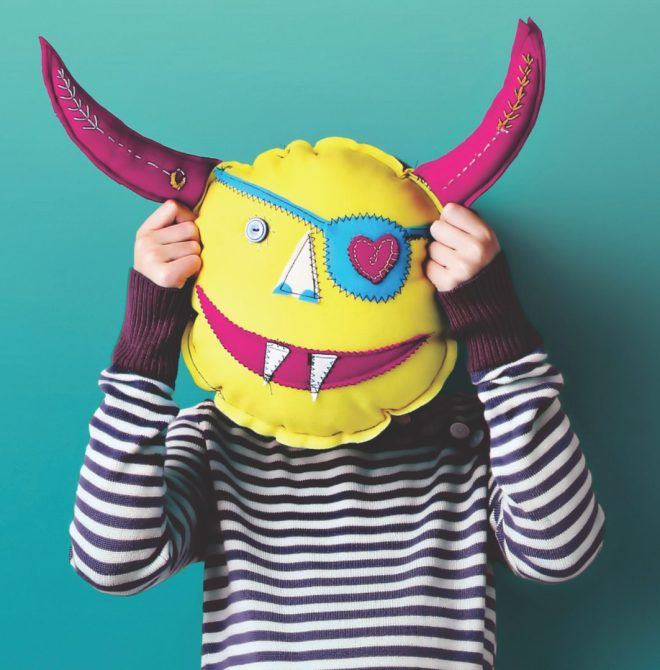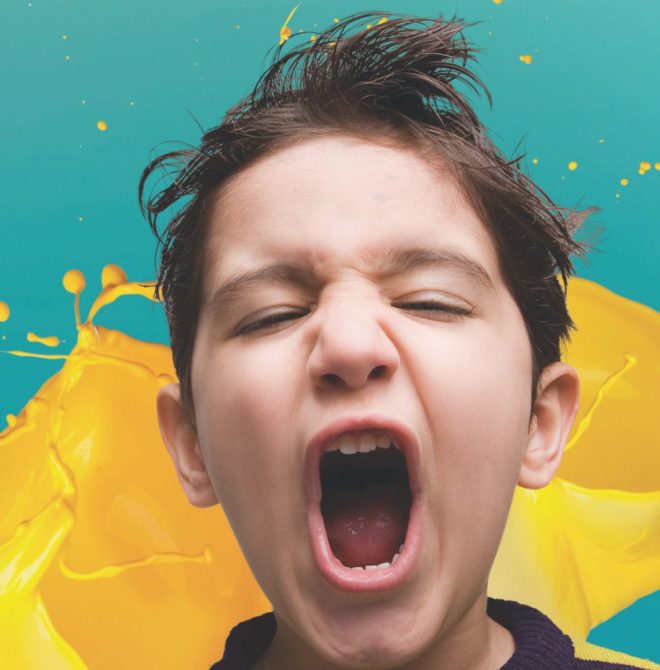With an ICSEA ranking of 824 (Index of Community Socio-Educational Advantage) – well below the national average – Wood’s Public School in Sydney’s Mt Druitt region is punching above its weight in providing quality education and learning experiences for some of our city’s most vulnerable children.
Over the past year or so, several Stage 3 male students (Years 5 and 6) were identified as being at an elevated risk of disengaging. Their attendance was erratic, they had several negative interactions with peers and significant behavioural issues including aggression and violence. Their teachers were also reporting a lack of interest in school and low literacy and numeracy levels.
Six of these students were referred to our Expressive Therapy Outreach Program for Term 1 of this school year (February – April 2019). All six students were of Pacific Islander background – a culture that is perpetually overrepresented in every negative indicator associated with schooling such as discipline events, suspensions and performance. (Perso, 2012)
One of the biggest advantages of group therapy is that it is incredibly effective for peer connection and support. Group therapy allows modelling and experimentation of social connections and develops a child’s understanding that they are not alone in their experiences or emotions. This group was no exception. Despite acts of macho bravado dominating the first couple of sessions, it wasn’t long before the boys all agreed that much of this was a result of a perceived need to appear “tough” or “strong” within their family, the classroom or the playground.
What makes our Expressive Therapy Program unique is that the four key creative therapies of art, music, drama and play are used alongside each other, providing children with many ways to express their thoughts and feelings. Participants also have the opportunity to select the modality that best resonates with them. In this group, the boys responded extraordinarily well to drama. This wasn’t surprising as for children impacted by adversity resulting in aggressive behaviours, a theatrical platform offers a safe and secure experience that encourages the full expression of their emotional voice – including feelings of anger – through dramatic activity.
Subsequently, over the course of the program, our three therapists adapted the modality to incorporate themes of graffiti in a dramatic way. The boys embraced this wholly, and it wasn’t long before a pattern of heroes and villains emerged throughout this activity. It became abundantly clear that for all six boys, the heroes and villains each represented characters in their respective world.
Themes of cultural identity and religion also emerged for the duration of the program, with all students mutually agreeing that both were of utmost importance in their lives. Encouraged by our therapists to talk more about these matters, the boys bonded further.
At the last session, the boys were asked to participate in a mural and were provided with various resources to depict how they felt after completing the program. Most of the boys used expressions such as “safe” and “had fun”. Grabbing a thick red marker, one Year 6 boy, scrawled in large letters…. LOVED.
Follow-up evaluations and feedback from the students’ teachers at the end of Term 2 revealed improved social connectedness, enhanced peer relationships and fewer meltdowns in class. One teacher went on to report emerging signs of improved learning outcomes for two of the boys.
Just last week, as our therapists were on their way to meet with a new group of Term 3 participants, one of the boys spotted them and called out … “Hey, remember me? Remember how I used to be naughty? Well, I’m not naughty anymore.” He quickly started to walk away to catch up with his friends, but not before one of our therapists had the chance to reply, “You were never naughty”.
*At KidsXpress we respect the privacy of the children and families we support. So while their stories are true, stock images of children have been used and client names have been changed.

